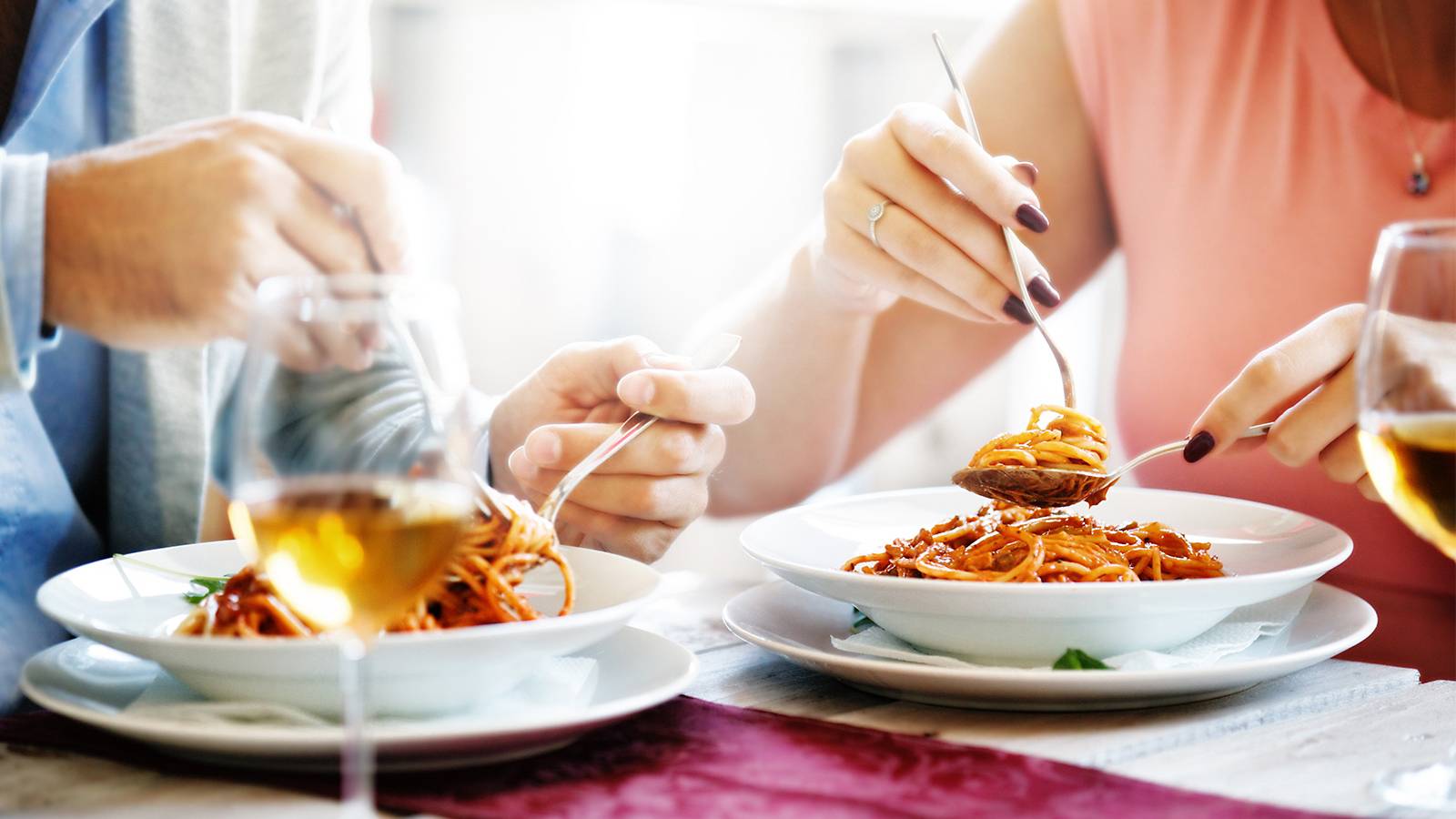Having sex regularly? Check. Following ovulation apps? Check. Still not pregnant? Your diet may be to blame…
Your diet plays a vital role in helping you to conceive so that you can eventually deliver a healthy baby.
However, it can be a struggle to stick to a balanced diet if you’re a working adult. SmartParents expert Dr Christopher Chong, an ob-gyn at Gleneagles Hospital, notes that being particular about what you eat — even if you often eat out — can help to ensure your efforts in the bedroom pay off. “[Try to] ask for less oil, salt and soya sauce and eat a good mix of vegetables, meat, fruits and milk.”
Dr Chong also highlights the foods not to indulge in, if you’re Trying To Conceive (TTC):
1) High Glycaemic Index Foods
The term Glycaemic Index (GI) measures how much one’s blood sugar levels spike after eating a certain carbohydrate. Diabetes sufferers are no stranger to the need to be vigilant about such high-GI carbohydrates. These causes the biggest jump in one’s blood sugar as compared to medium to low-GI foods. It can also increase the risk of inflammation, hormonal changes and hinder your ovulation patterns. So, be sure to replace high-GI Foods with mid- to low-GI ones:
Research has shown that these androgens can end up altering your menstrual cycle.
High-GI Foods:
* White bread or bagel
* Corn flakes, bran flakes, instant oatmeal
* Short grain white rice, rice pasta, macaroni and cheese mix
* Russet potatoes, pumpkin, pretzels and popcorn
* Melon and pineapple
Mid- to Low-GI Foods:
* Whole wheat or pita bread (mid-GI foods)
* Rolled or steel-cut oatmeal, muesli (low-GI foods)
* Sweet potato, corn, yam, beans, peas, legumes and carrots (low-GI foods)
Watching what you put in your mouth may put you and your hubby well on the way to welcoming that much longed-for baby. Dr Chong says the golden rule to follow in your diet is “Don’t overeat these foods and don’t be too paranoid and worried if you’ve just taken a little of each.” A couple’s infertility is driven by many factors and while diet is one element, it isn’t the only one.
2) Low-fat dairy products
You probably know that consuming low-fat dairy products is the best way to get important nutrients like calcium and probiotics without putting on too much weight. But you may not know that these products could end up overloading your system with androgens. These can tip the hormonal balance in your body, and produce too much testosterone.
An excess of androgens in your body shows up as acne and oily skin and a decrease in breast size. Dr Chong adds research has shown that these androgens can end up altering your menstrual cycle. While it’s unknown how much low-fat dairy products you would need to eat to cause such upheaval, try to eat it in moderation.
3) Herbal supplements
For male sexual problems, Traditional Chinese Medicinal herbs like Horny Goat Weed and Tongkat Ali (Malaysian ginseng) are usually touted as the solution. While women are recommended traditional Indonesian remedies like jamu — a mix of flowers, seeds and bark from herbal plants; sometimes even animal parts. This are herbal treatments for female fertility issues like leukorrhea (infection or inflammation of the genitals). But if you’re under 35 and healthy, Dr Chong stresses that you should avoid consuming herbal supplements to boost your fertility and that you seek help only after failing to conceive after trying for a year. If you’re over 35, see the doc if you’ve been trying for six months without success.

4) Coffee and tea
Rich in caffeine, consume less than 200mg of caffeine a day ― two cups of coffee or caffeinated tea ― when you’re trying to conceive. Caffeine dehydrates you and can interfere with your ability to absorb iron. This can delay conception. High doses of caffeine also affects sperm count and function. Remember that caffeine not only lurks in coffees and teas but also in energy drinks, chocolate, meds, soft drinks and even ice cream. So, read the nutritional labels before consuming anything. A 100ml cup of black coffee (kopi-O) has about 40mg of caffeine.
“To be on the safe side, it is better to drink less than more.”
5) Sugary drinks
Chilled soft drinks can help you cool down on a hot day but it could also end up causing you to pile on the kilos, too. Dr Chong notes obesity can affect the fertility of both sexes in the following ways:
* Men Poorer quality sperm, lower testosterone levels and erectile dysfunction.
* Women Leads to a hormonal imbalance and improper ovulation patterns.
6) Alcohol
For many working adults, a glass of bubbly can help you calm down or loosen your inhibitions for your rendezvous with your spouse. While a single glass of wine isn’t going to do that much damage, if you’re drinking more than a bottle a week, you’re asking for trouble. Dr Chong explains a Danish health study found that consuming more than two bottles of wine a week can negatively affect one’s fertility. However, he also points out that a person’s alcohol limit can differ between individuals. His advice, “To be on the safe side, it is better to drink less than more.”
Photos: iStock
Like us on Facebook and check SmartParents regularly for the latest reads!
Other conceiving stories you may also like…
6 creative baby-making campaigns from around the world [Photo Gallery]

